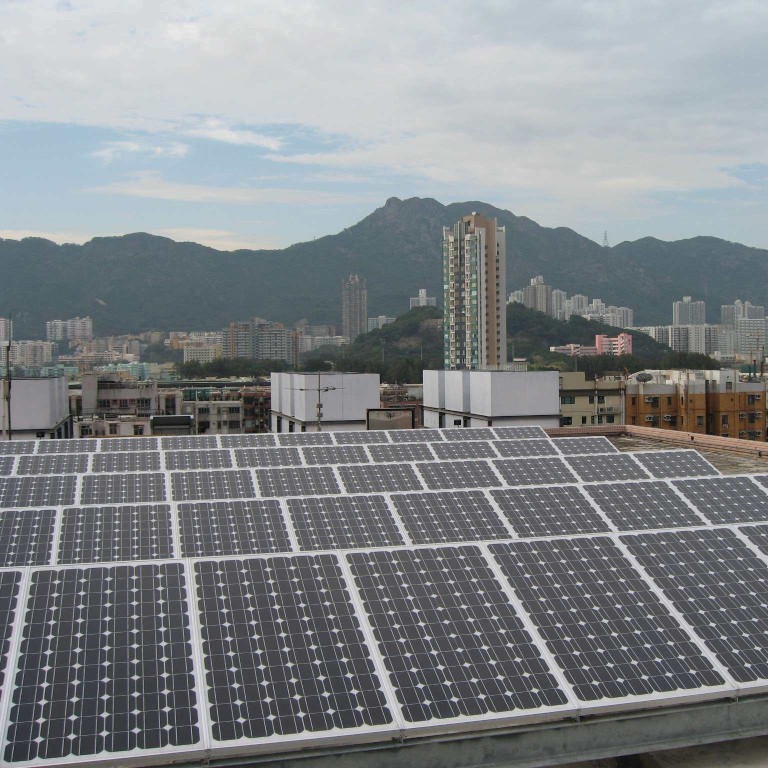
Letters | Hong Kong hospitals could do with a green health check
- Readers discuss the healthcare industry’s contribution to climate change, the benefit of educating people on recycling, and the environmental perils of deep-sea mining
Thus, decarbonising the city’s healthcare system is of paramount importance, not only to align with the government’s sustainability goals, but also to safeguard public health and well-being.
The healthcare sector is uniquely positioned to set an example of sustainable operation, because of its responsibility for preserving human health – an aspect fundamentally threatened by global warming. Creating low-carbon healthcare facilities does not have to be expensive. Modest adjustments to resource consumption habits, such as switching off idle equipment and replacing paper documents with electronic versions, cost very little.
Retrofitting existing infrastructure with windows that let in natural light, green roofs, and energy-efficient heating, ventilation and air conditioning systems, as well as incorporating solar panels and other renewable energy sources, is also a cost-effective practice that can mitigate a hospital’s carbon footprint. In the long run, such initiatives will yield considerable savings on electricity bills.
Hong Kong has been experiencing hotter summers and more severe typhoons. Coupled with the city’s ageing population, climate-related health issues will exacerbate the current inadequacies in our healthcare system – a system which also happens to be a significant contributor to the problem of climate change. While Hong Kong undertakes climate resilience measures across other aspects of urban living, there is plenty of room for improvement in terms of decarbonisation of the healthcare system.
Serena Yu, Boston, United States
Education on recycling more useful than waste charging
Dumps where glass, old electrical items and old clothes can be disposed of properly should also be easily accessible, and again, the public needs to be educated as to how and where to get rid of such items. Making people pay for bags in which to throw away waste will in itself do nothing to reduce the amount of waste produced by individual families.
David Gwilt, Sai Kung
Deep-sea mining not worth the risk
I refer to the column, “Are deep-sea ecosystems worth risking to mine metals for green tech?” (March 24). Although there are metal deposits on the deep ocean floor, these depths are still largely unknown to science.
Despite the deep-sea resources playing a critical role in the development of green technology, as your columnist points out, the impacts of deep-sea mining on different aquatic species are uncertain. Not only could the sediment raised clog the gills of fish and suffocate coral, the process could release toxic minerals and disturb stores of carbon dioxide.
Human activity has already had an adverse impact on land. Can’t we leave the ocean alone? Hopefully, we can find better ways to develop green technology.
Candy Gong, Kwai Chung

